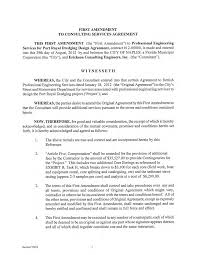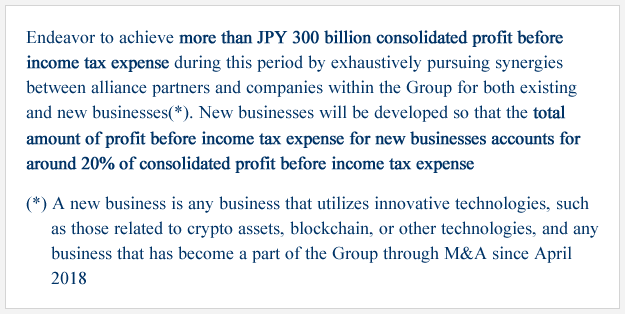
Services are immaterial, which is different from products. They are only available when the customer requires them. Some examples of services include the hospitality industry, consulting, computer support, health care, real estate, education, legal services, and utilities. This type of business does not have a tangible product, so it requires unique strategic thinking.
Service businesses are not tangible
Running a service business can be difficult because of the intangibility and complexity of the product. While products are easy to price and measure, services cannot be as easily measured. Service providers try to include tangible elements in their offerings such as hair products or a relaxing environment. This is why pricing services is often determined by economic models rather than raw materials.

You might, for instance, run a career counselling service. Your marketing campaign should concentrate on the end result of you finding your ideal job. It will lead to a stable salary, meaningful work, a job you enjoy, and a good income. These results make intangible products and services more tangible and relatable.
You can offer them remotely from anywhere you have an internet connection.
You have many options to offer your services remotely. But the most important thing is an internet connection. You can do business virtually anywhere you have an internet connection. You can use virtual private networks, VoIP, cloud services, Wi-Fi, file sharing platforms, and video conferencing software to connect to your office from anywhere. However, you should be aware of the requirements of each type of connection.
They require different strategic thinking
A key element of a successful business is strategic thinking. Companies need to continuously review their environment to find trends and opportunities. A company's operations can change dramatically due to changes in customers, markets, and prices. Strategic thinkers seek out ways to profit from these changes. They seek to understand their environment's interdependencies and its impact on the competitive environment.

Contrary to conventional thinkers strategic thinkers are open to change and can adapt to it. Conventional thinkers are usually rigid and don't welcome new ideas. They're too comfortable with the status-quo. Leaders who take risks and embrace change are key to the success of any business.
FAQ
What is the real value of consulting?
Consulting isn't just a career option for those who want to earn quick money. It's also a great place to gain valuable skills and build a foundation you can use in your future work.
Consulting can offer many career opportunities, such as project management and business development. It is possible to work on projects that range from small start ups to large, international corporations.
You can develop your skills and gain experience in a variety of industries by consulting. This could be learning to manage people, write proposals and manage budgets, analyze data and create presentations, or conduct market research.
What are the benefits of being a consultant
Consultants often have the option to choose when and what they do.
This means you can work whenever you like and wherever you wish.
This allows you to easily change your mind and not worry about losing your money.
Finally, you can control your income and set your own schedule.
How long does it take to become a consultant?
The amount of time needed depends on your industry and background. Most people start with just a few months of work before finding employment.
However, many consultants spend years honing their skills prior to finding work.
What happens after the consultant completes the job?
After the consultant finishes the work, s/he will send a final report outlining the results. This report will include project timelines and deliverables as well as any other relevant information.
Then, you'll review the report and decide whether the consultant met your expectations. If not, you can either request changes or terminate the contract.
Statistics
- On average, your program increases the sales team's performance by 33%. (consultingsuccess.com)
- According to IBISWorld, revenues in the consulting industry will exceed $261 billion in 2020. (nerdwallet.com)
- Over 50% of consultants get their first consulting client through a referral from their network. (consultingsuccess.com)
- WHY choose me: Why your ideal client should choose you (ex: 10 years of experience and 6-week program has helped over 20 clients boost their sales by an average of 33% in 6 months). (consultingsuccess.com)
- My 10 years of experience and 6-step program have helped over 20 clients boost their sales by an average of 33% in 6 months. (consultingsuccess.com)
External Links
How To
What is a typical day for a consultant?
A typical day will vary depending on the type of work you are undertaking. You will be spending time researching, planning new ideas, meeting with clients, and creating reports.
Meetings are a common way to discuss problems and issues with clients. These meetings can be done over the phone or via email.
Sometimes, you may be asked to create proposals. These are documents that outline your ideas and plans for clients. You will need to discuss these proposals with a mentor or colleague before you present them to clients.
You will need to create content after all your planning and preparation. This could include writing articles, designing websites or editing photos.
Depending on your project's scope, it may be necessary to do research to get relevant statistics. For example, you may need to find out how many customers you have and whether they are buying more than one product or service.
Once you have all the information needed, it is time for clients to see your findings. Your findings can be presented orally or written.
After your initial consultation, you should follow up with your clients. For example, you might call them periodically to see how things are going or send emails asking them to confirm that they received your proposal.
This process takes time, but it's important to ensure that you stay focused and maintain good relationships with clients.